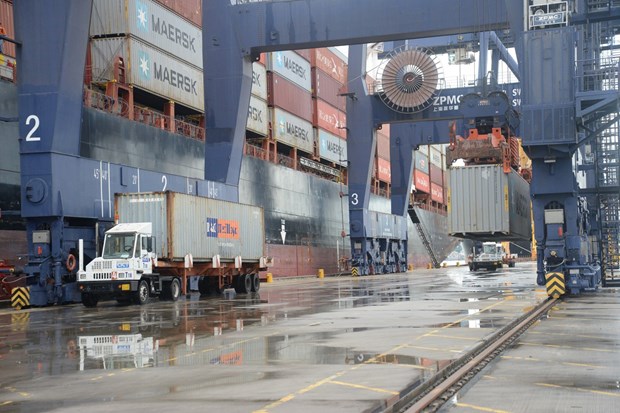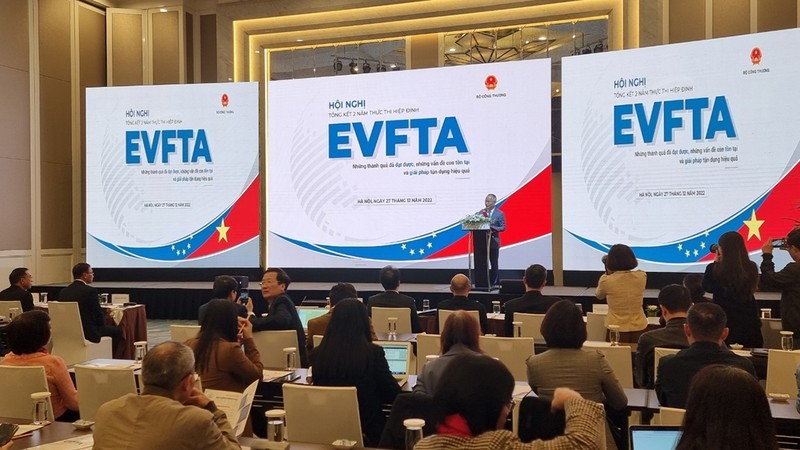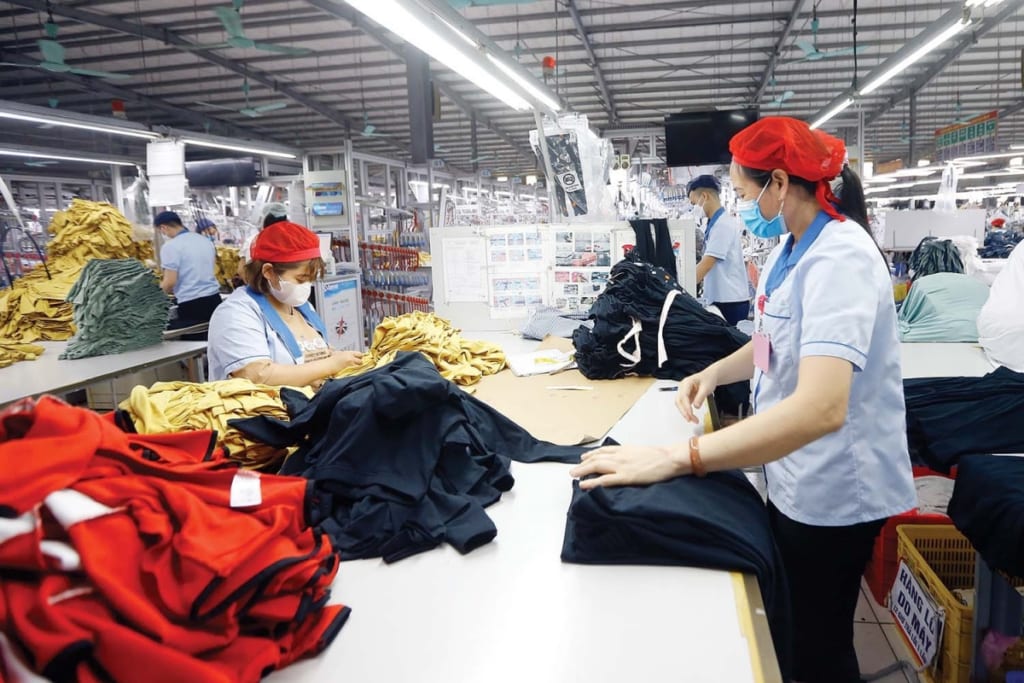
1. The Importance of Communication in European Workplaces
Bridging the Language Gap for Vietnamese Workers
Effective communication is the foundation of any productive workplace. Language barriers for Vietnamese workers entering Europe can pose significant challenges, from understanding job instructions to building relationships with colleagues. Miscommunication can lead to errors, reduced productivity, and frustration for both workers and employers.
In industries like healthcare, construction, and manufacturing, where precision is crucial, the ability to comprehend and respond in English—or the local language—is non-negotiable. Many Vietnamese workers are proficient in English, but additional training is often required to align with industry-specific terminology and conversational fluency.
Enhancing Collaboration in Multicultural Teams
European workplaces are often multicultural, bringing together employees from diverse backgrounds. Language proficiency helps Vietnamese workers integrate into these teams seamlessly, promoting collaboration and mutual respect. Cultural training further enriches this dynamic by enabling workers to understand and adapt to local workplace norms, etiquette, and values.
For instance, understanding subtle cultural differences, such as attitudes toward hierarchy or teamwork, can significantly impact workplace harmony and efficiency.
2. Common Challenges Vietnamese Workers Face in Europe
Adapting to New Cultural Norms
Vietnamese workers often encounter a culture vastly different from their own. Differences in communication styles, workplace hierarchies, and even social customs can create confusion. For example:
- Workplace Etiquette: In Vietnam, showing deference to authority is common, while in Europe, workplaces may encourage more egalitarian interactions.
- Work-Life Balance: European norms often prioritize personal time, which may differ from the hardworking culture many Vietnamese workers are accustomed to.
Cultural training helps workers navigate these differences, ensuring they feel comfortable and confident in their new environments.
Overcoming Language Barriers in Technical and Day-to-Day Tasks
Even for workers with basic English proficiency, navigating technical instructions or legal documents can be daunting. For example, a worker in the logistics industry might struggle with understanding software instructions in a foreign language.
Language training tailored to industry-specific contexts can bridge this gap, equipping workers with the skills to handle both professional and personal interactions effectively.
3. The Role of Language and Cultural Training
Preparing Workers Before Deployment
Licensed recruitment agencies like LabourLinkVN incorporate comprehensive language and cultural training into their recruitment processes. Key components include:
- Language Proficiency Training: Focused on conversational skills, technical vocabulary, and industry-specific jargon.
- Cultural Orientation Programs: Covering workplace norms, social etiquette, and legal rights in the host country.
- Scenario-Based Training: Simulating real-life workplace situations to build confidence and practical skills.
These programs ensure that workers arrive in Europe well-prepared, reducing the adjustment period and enabling them to contribute effectively from day one.
Ongoing Support After Arrival
Training doesn’t end upon deployment. Many agencies provide ongoing support to help workers continue improving their language skills and adapting to their environments. This might include access to language apps, mentorship programs, or local cultural workshops.
Employers can also play a role by creating an environment that encourages continuous learning, such as offering on-site language classes or peer-to-peer training sessions.
4. How LabourLinkVN Supports Workers and Employers
Specialized Training Programs for Language and Culture
LabourLinkVN has developed tailored programs to meet the needs of both workers and employers. These programs are designed to:
- Address specific linguistic requirements for industries like healthcare, logistics, and construction.
- Provide cultural insights that help workers integrate into European communities and workplaces.
- Equip workers with soft skills, such as conflict resolution and teamwork, to thrive in multicultural environments.
Collaborative Solutions for Employers and Workers
LabourLinkVN works closely with European employers to understand their unique workplace cultures and expectations. This collaboration ensures that training programs are aligned with employer needs, resulting in better-prepared workers.
Employers also receive guidance on how to create inclusive environments that support cultural diversity, enhancing team cohesion and productivity.
5. Success Stories of Language and Cultural Integration
Vietnamese Workers Thriving in European Workplaces
A logistics company in Germany recruited Vietnamese warehouse operators through LabourLinkVN. The workers underwent an intensive language and cultural training program before deployment, focusing on operational terminology and workplace norms. As a result, they integrated seamlessly into the team and contributed to a 20% increase in operational efficiency within six months.
In another example, a healthcare provider in Italy hired Vietnamese caregivers who had received training in Italian language and cultural practices. Their ability to communicate effectively with patients and colleagues improved patient satisfaction scores significantly.
Employer Benefits from Well-Integrated Workers
Employers have reported numerous benefits from hiring workers who have undergone thorough language and cultural training:
- Improved teamwork and collaboration.
- Reduced misunderstandings and errors.
- Enhanced worker retention and job satisfaction.
These success stories highlight the value of investing in comprehensive training programs for both workers and employers.
6. The Long-Term Benefits of Language and Cultural Training
Reducing Turnover and Increasing Worker Satisfaction
Workers who feel understood and valued are more likely to stay with their employers. Language and cultural training fosters this sense of belonging, reducing turnover rates and saving employers the costs associated with rehiring and retraining.
Fostering Diversity and Innovation in European Workplaces
Diverse teams bring unique perspectives and ideas, driving innovation. Vietnamese workers, equipped with the right training, add valuable diversity to European workplaces, contributing to both cultural richness and economic success.
Final Paragraph
Language and cultural training are essential for ensuring the success of Vietnamese workers in Europe. By equipping workers with the skills to communicate effectively and navigate cultural differences, agencies like LabourLinkVN create a foundation for long-term success. Employers benefit from improved productivity, reduced turnover, and a more cohesive workplace, while workers enjoy greater confidence and job satisfaction. Investing in these programs is a win-win for everyone involved.



